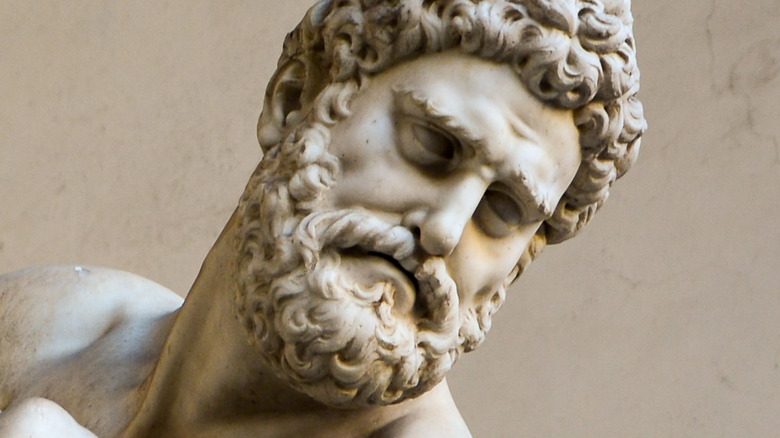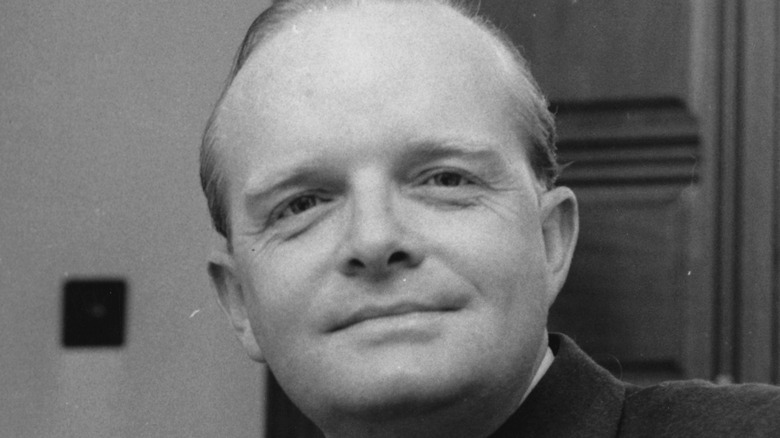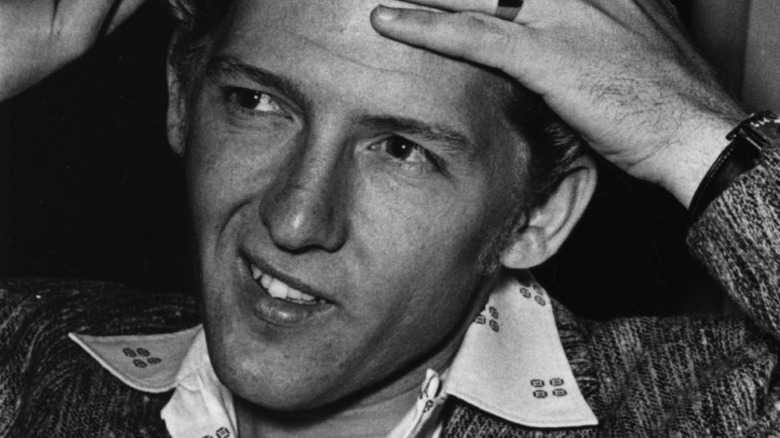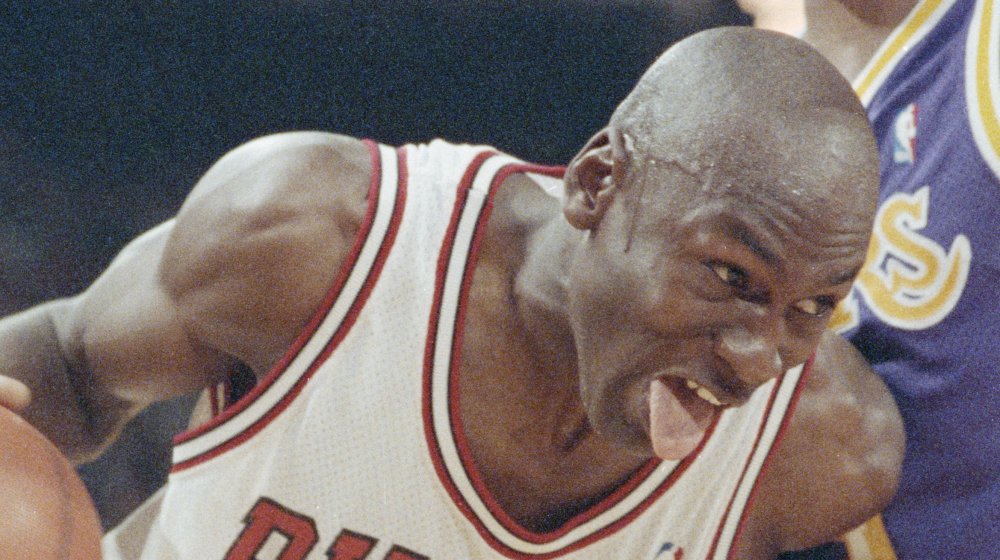
Women Are Changing Sports and Why It Matters?

It is also essential to note how women’s tennis paved the way for LGBT rights and acceptance. In 1977, transgender woman Renée Richards won a court action that gave her the right to compete in that year’s U.S. Open. Though the media and even her opponents attacked Renée Richards, she was buoyed with tennis stars like King and Martina Navratilova. Four years later, King became the first famous athlete to come out as gay. By contrast, it wasn’t until a few years ago year that an openly gay NBA player and NFL player came out. Some might say that women’s sports manage to be socially and culturally ahead of the curve due to decades of fighting against sexism.
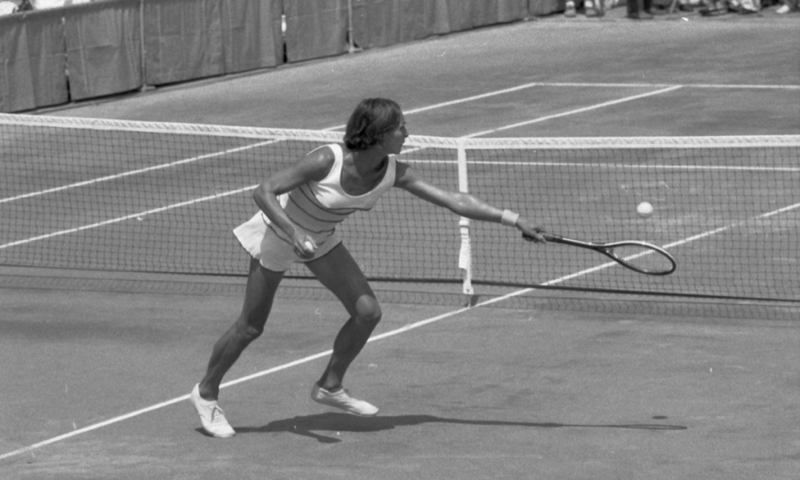
Masculinity and sports issues are so intertwined that the phrase “throw like a girl” probably isn’t going anywhere for a long time. The flip side of people considering sexism causes girls (and women) to play baseball beyond hitting a ball in their yard. It does matter, though; many people now understand that baseball can be for girls and that girls can play baseball. All sports would probably be better if we divided players by skill level and not by some arbitrary biological standard.
Sports is Popular
We all know that sports are popular, and Football is probably the most popular of them in the U.S. It is incredibly lucrative. Similarly, most of us are paying into this system (either directly or through taxes). We believe sports marketers don’t get that many women like sports for the same reasons men do. Maybe because they don’t comprehend what it’s like to watch sports as a female fan and the amount of sexism women have to be willing to put up with to do so. Like almost anything in sports, we believe marketing could be corrected (and the patronage would be diminished) if there were just a whole bunch more women involved in it. We don’t know for a fact that there aren’t a bunch of women creating marketing for female sports fans, but we feel confident guessing that that’s the case.
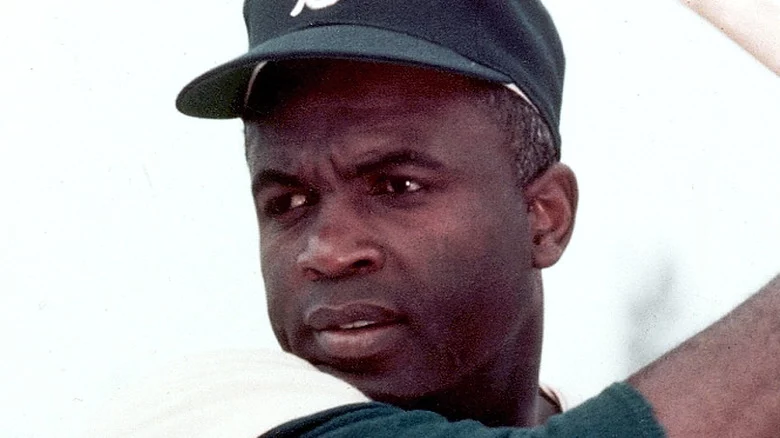
The Reason Jackie Robinson Was Court-Martialed

How The Plane Ride From Hell Became One Of The WWE's Biggest Scandals
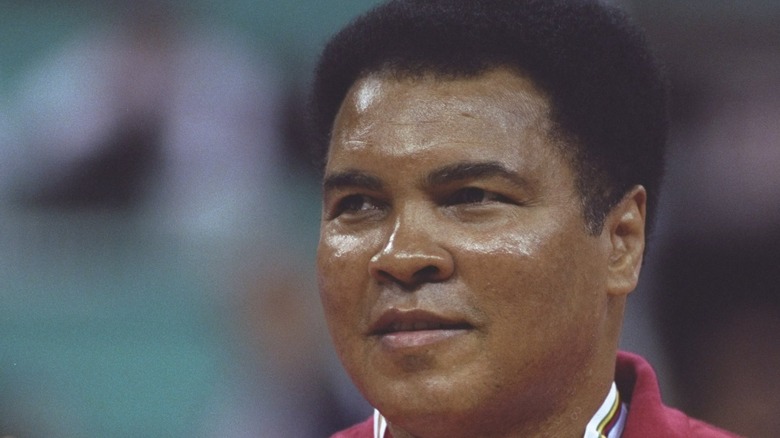
Here's How Muhammad Ali Helped Save 15 American Hostages In Iraq

Showbiz Stars Who Were Sports Stars First

Here's How Much Wrestler Afa Anoa'i Is Worth Today
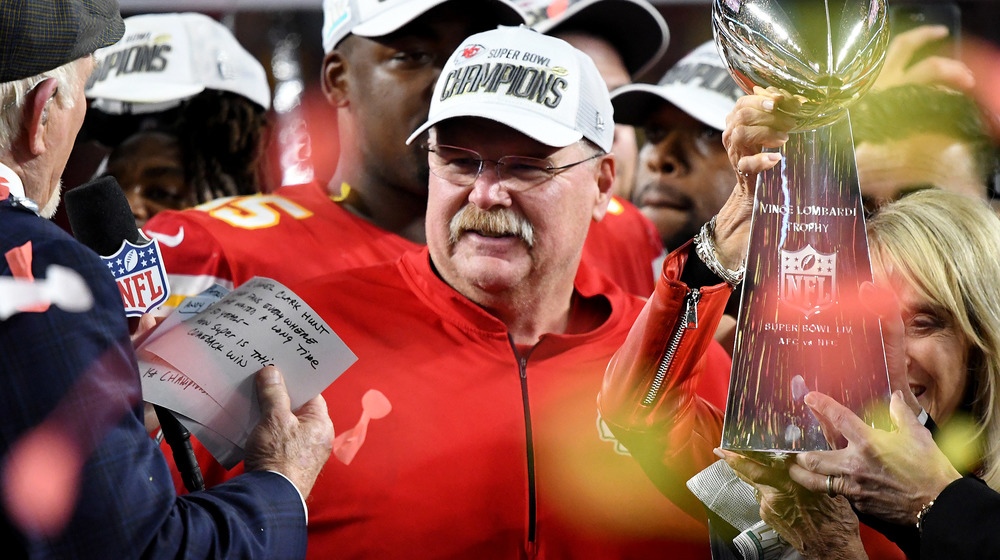
Chiefs Head Coach Andy Reid Is Worth A Lot More Than You Think

The Surprising Truth Of The Goodyear Blimp
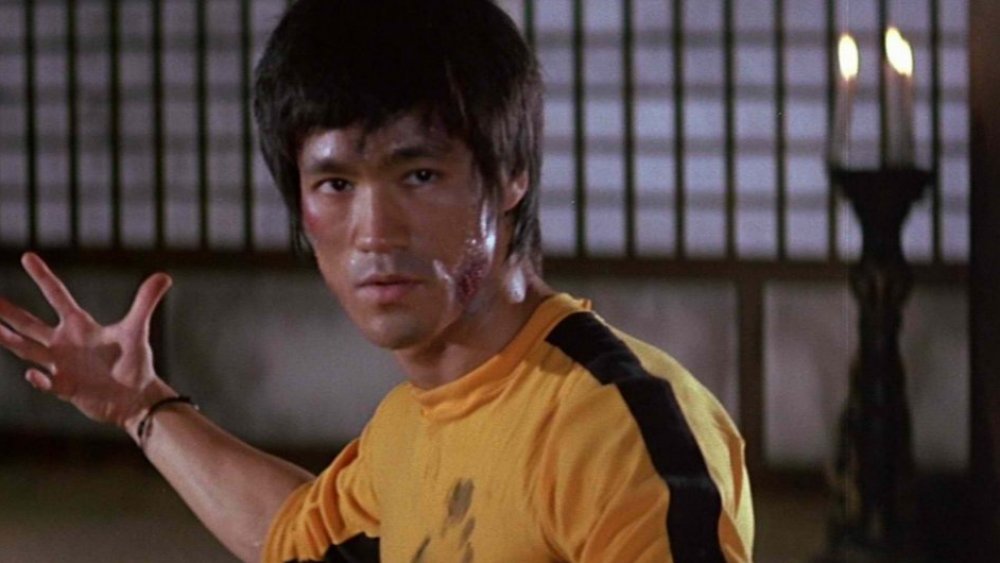
The Truth About Bruce Lee And Chuck Norris' Relationship

How The WWE Keeps Ruining Bray Wyatt
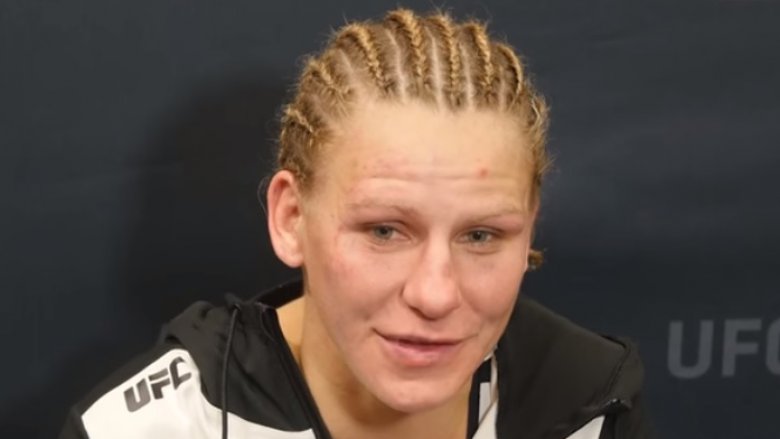
Gross Things That Actually Happened To Pro Athletes While Competing







